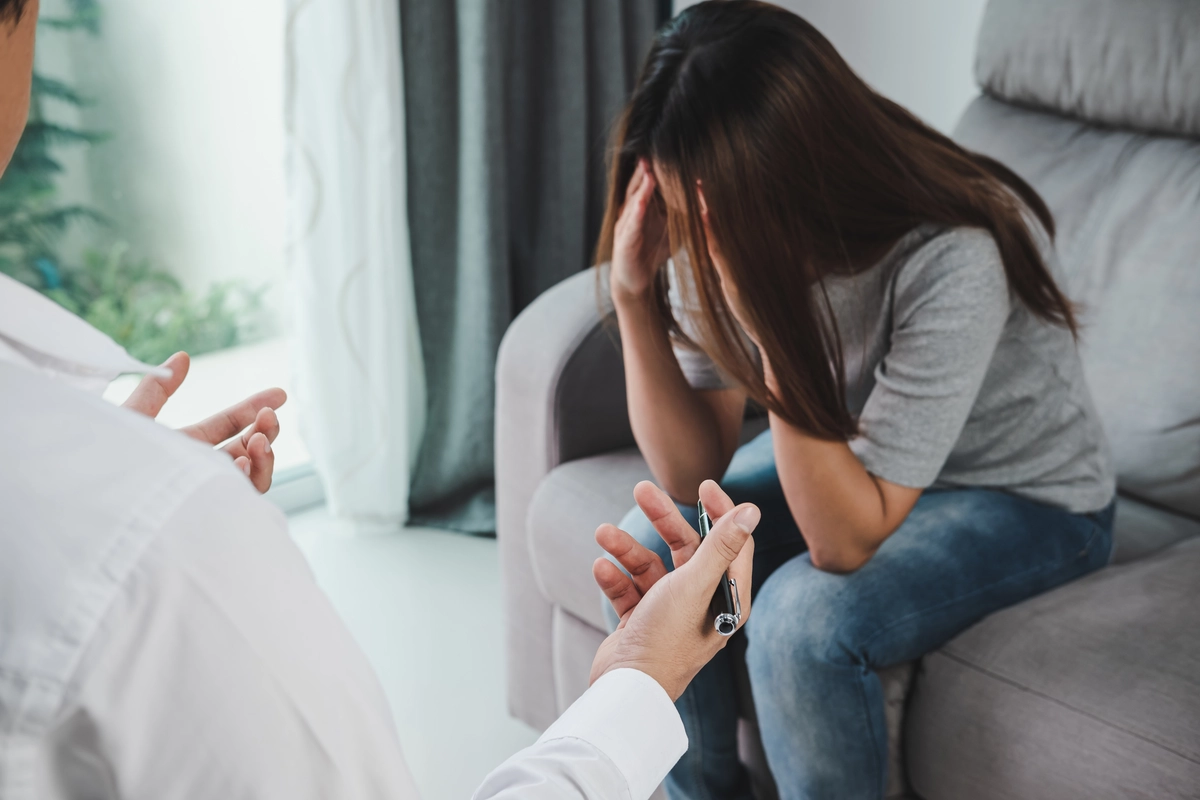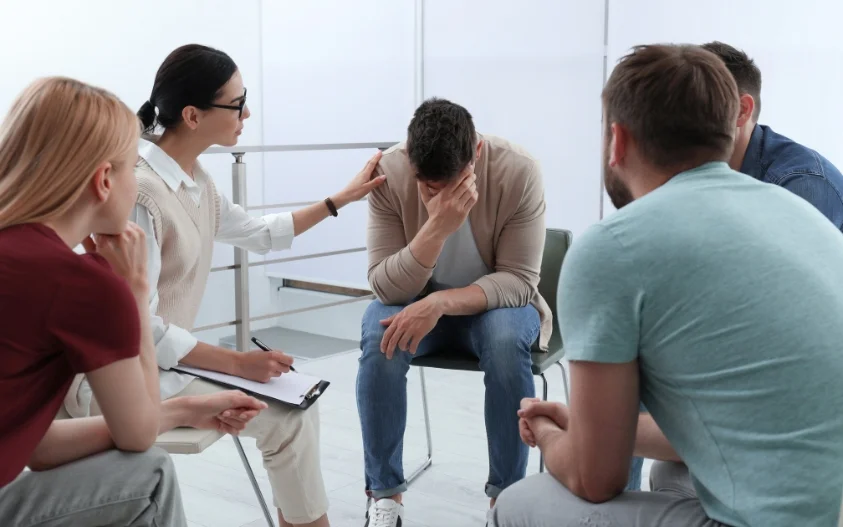24/7 Helpline:
(866) 899-111424/7 Helpline:
(866) 899-1114
Learn more about Ecstasy Rehab centers in Williamsburg
Ecstasy Rehab in Other Cities

Other Insurance Options

Health Choice

GEHA

Cigna

Magellan Health

Optum

Anthem

Health Partners

Excellus

United Health Care

UnitedHealth Group

Coventry Health Care

Multiplan

Regence

Private insurance
Beacon

Evernorth

Self-pay options

BlueCross

AllWell

Access to Recovery (ATR) Voucher




Cumberland River Behavioral Health – American Greeting Card Road
Cumberland River Behavioral Health - American Greeting Card Road is an outpatient facility for indiv...

Jackson Behavioral Health Professionals
Jackson Behavioral Health Professionals is a private rehab located in Corbin, KY. Jackson Behavioral...

Cumberland River Behavioral Health – Crossroads
Cumberland River Behavioral Health - Crossroads is an inpatient facility for men that are struggling...

Cumberland River Behavioral Health – Capers
Cumberland River Behavioral Health–Capers is an outpatient mental and behavioral health center for c...




















Cumberland River Behavioral Health – Independence House
Cumberland River Behavioral Health - Independence House is an inpatient facility for women with a Me...

Behavioral Health Group
Behavioral Health Group is a private rehab located in Corbin, KY. Behavioral Health Group specialize...

Cumberland River Behavioral Health – Turning Point
Cumberland River Behavioral Health is an accredited dual-diagnosis rehab facility in Corbin, KY. The...















































